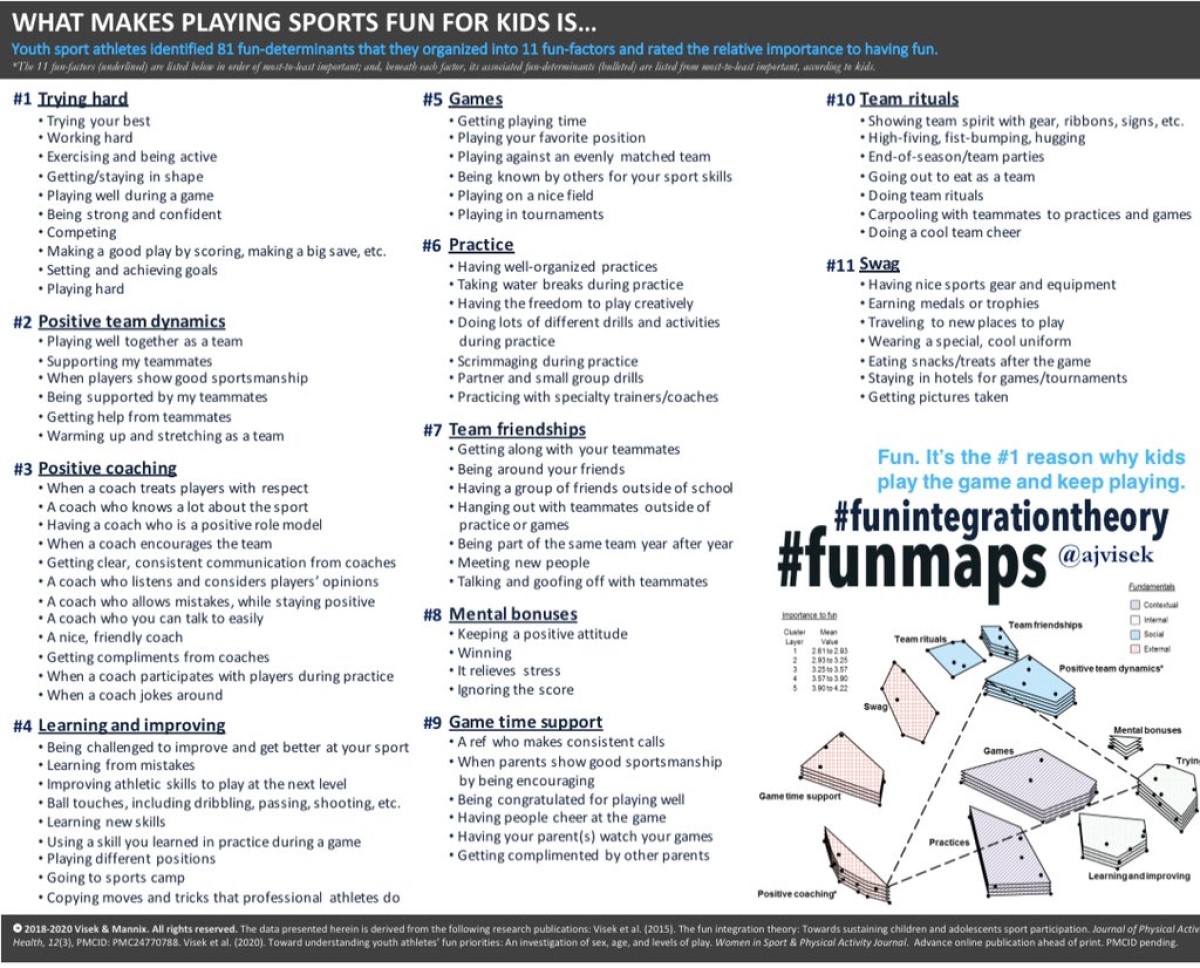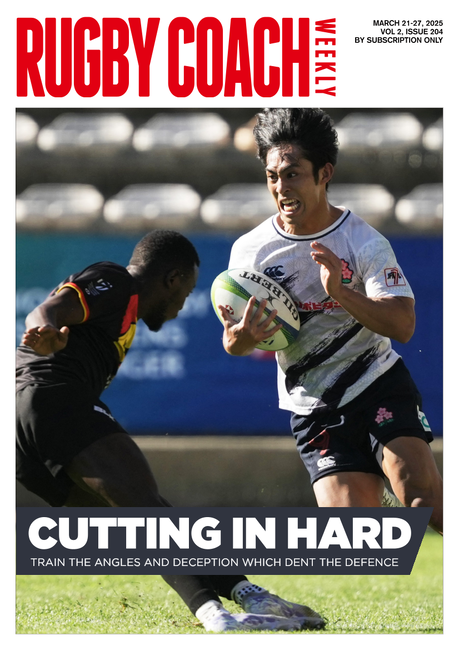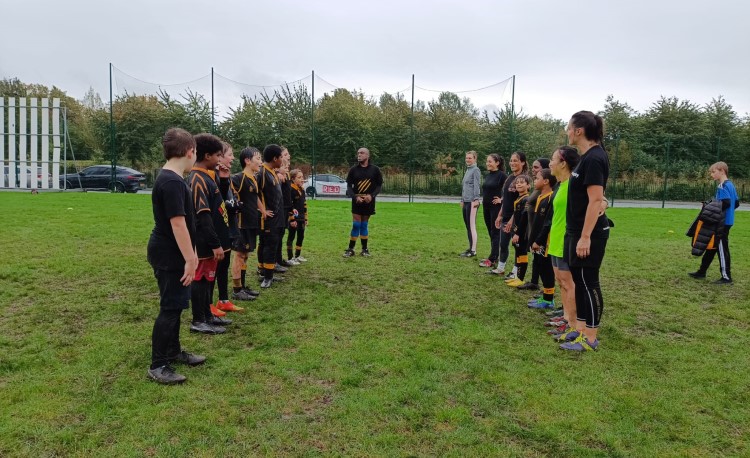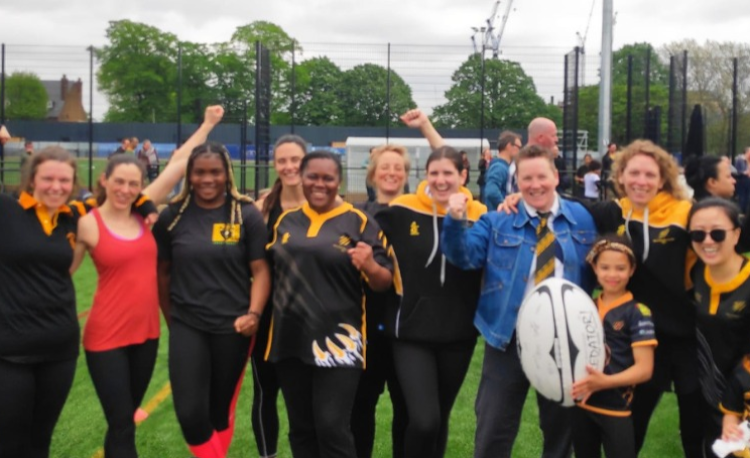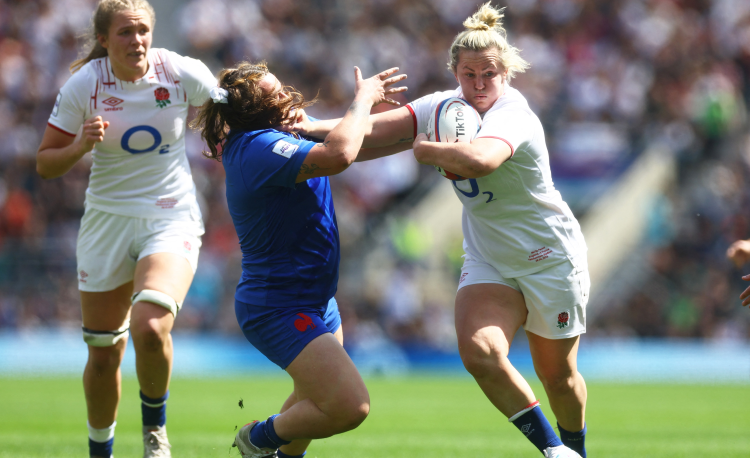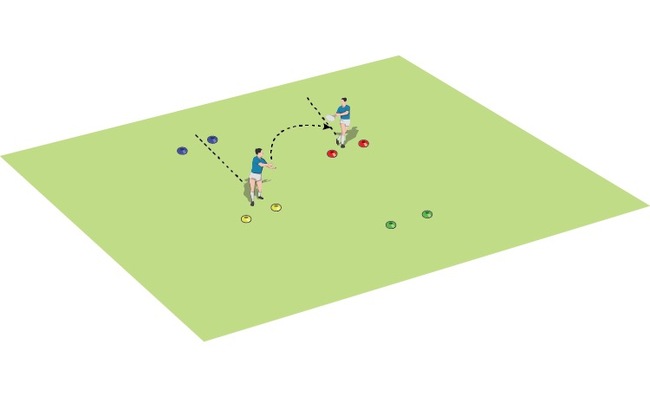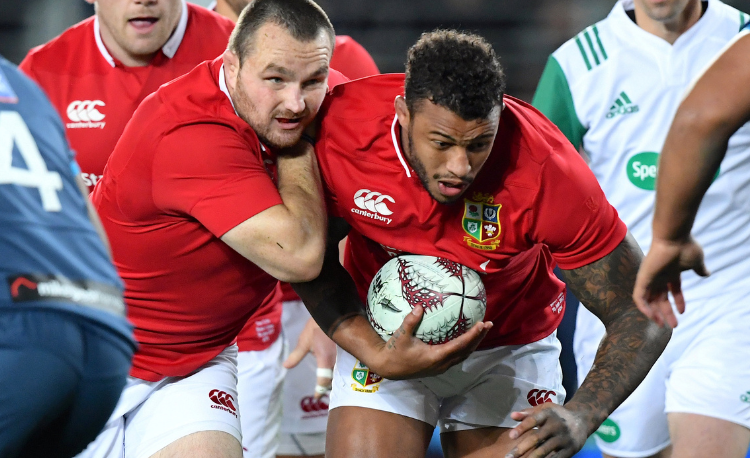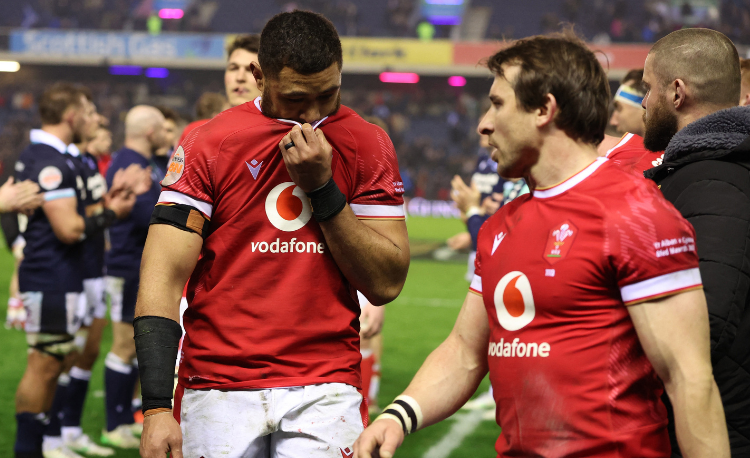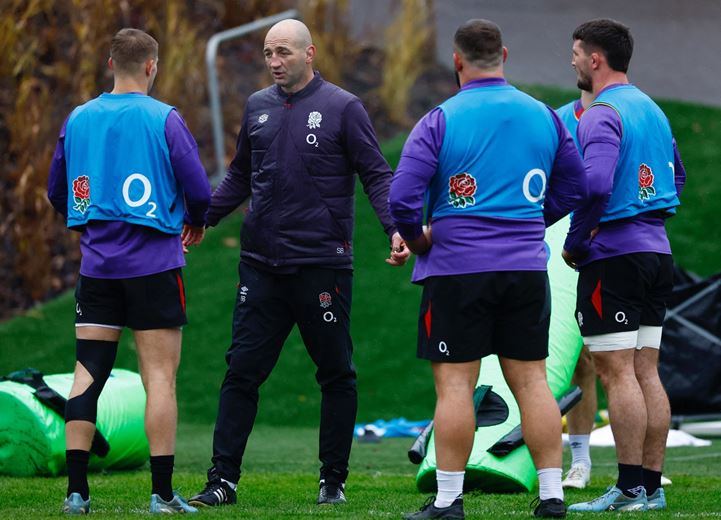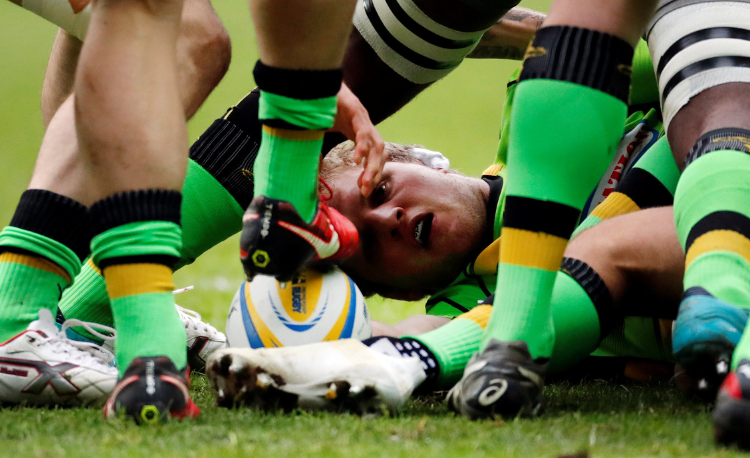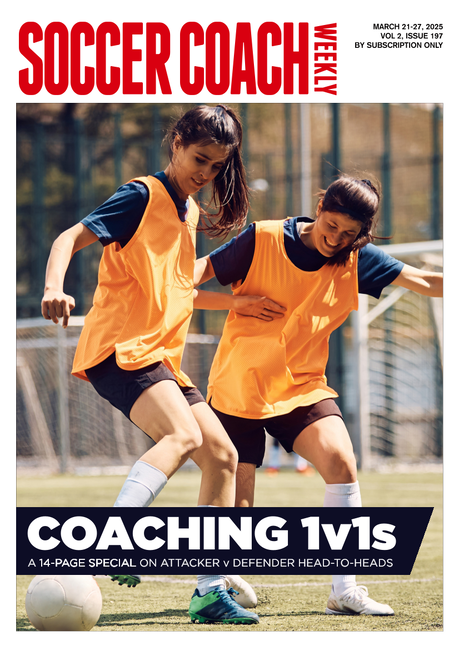Coaching boys and girls beyond biases
JENNY COE, co-editor of the book Myths of Sports Coaching, explains how to break down the barriers caused by a troublesome instinct to coach by gender.
“Girls want the detail, boys just want to play” is a statement I regularly encounter in sporting spaces.
What’s behind this comment? Is coaching girls intimidating? Is it a different level of thinking? What in the coach’s journey has made them think beyond the needs of the human being in front of them? How has this come to be?
Amanda Visek and Anna Feiler’s chapter in Myths of Sport Coaching has helped me to understand the challenges in addressing this misconception.
Imagine a young athlete stepping onto the field filled with excitement and enthusiasm. They are ready to learn and play – but little do they know, they are already being categorised based on stereotypes and biases, like the one above.
In most cases, it’s not with ill intent; it’s more likely that a mentor, friend or coach developer hasn’t nudged these biases.
In sports and wider society, we tend to view boys and girls through different lenses. Boys are seen as competitive and assertive, while girls are often perceived as emotional and difficult to manage.
From my experience across a portfolio of Olympic and professional sports, I often hear people say: “Don’t upset her, or you’ll have the whole group after you; they are so emotional, just keep the friends together.”
These biases influence how we coach, creating barriers to truly understanding and supporting our athletes.
Unbeknown to us, the structure of sports organisations reinforces these biases through age-group leagues, categorisation and other binary boxes, based on traits like sex and skill level, perpetuating stereotypes and limiting our ability to see them as individuals.
These classifications can follow them throughout their sporting journey, shaping how they are treated and coached.
But here’s the thing: boys and girls are not as different as we think. Sure, they may have different physiological demands at different stages; but, at the core, they are all just people with a desire to learn and succeed.
Now, let’s talk about fun. In her 2020 work, Visek writes about fun as the heartbeat of sport, driving participation and advancement. But it’s not a one-size-fits-all concept. Each athlete experiences fun differently, regardless of gender.
To truly understand fun, we must look beyond the stereotypes and biases. We must recognise that every athlete – boy or girl, young or old, recreational or elite – deserves to have fun and succeed in sports. It also keeps them engaged and motivated.
A key part of a coach’s job is to create an inclusive environment where every athlete feels valued and supported. This alone can motivate a young person to stay in sport and find different measures of success to enjoy their participation.
Instead of focusing on differences, let’s celebrate everyone’s unique qualities and strengths, and rewrite the playbook.
Let’s challenge the biases and stereotypes that cloud our perceptions of coaching boys and girls. Let’s break down barriers and create a level playing field where everyone can thrive and succeed.
Pause and ask yourself: "Where did this thought come from, and is there another way to look at the situation?".
Jenny Coe is a performance and wellbeing specialist and the Football Association’s player-care lead for the women’s professional game. She is also a high-performance coach developer for UK Sport.
You can hear Dan in conversation with Jenny, and her Myths of Sports Coaching co-editor
Dr Amy Whitehead, on the Rugby Coach Weekly podcast — CLICK HERE TO LISTEN
Related Files
Newsletter Sign Up
Coaches Testimonials

Gerald Kearney, Downtown Las Vegas Soccer Club

Paul Butler, Florida, USA

Rick Shields, Springboro, USA

Tony Green, Pierrefonds Titans, Quebec, Canada
Subscribe Today
Be a more effective, more successful rugby coach
In a recent survey 89% of subscribers said Rugby Coach Weekly makes them more confident, 91% said Rugby Coach Weekly makes them a more effective coach and 93% said Rugby Coach Weekly makes them more inspired.
Get Weekly Inspiration
All the latest techniques and approaches
Rugby Coach Weekly offers proven and easy to use rugby drills, coaching sessions, practice plans, small-sided games, warm-ups, training tips and advice.
We've been at the cutting edge of rugby coaching since we launched in 2005, creating resources for the grassroots youth coach, following best practice from around the world and insights from the professional game.
